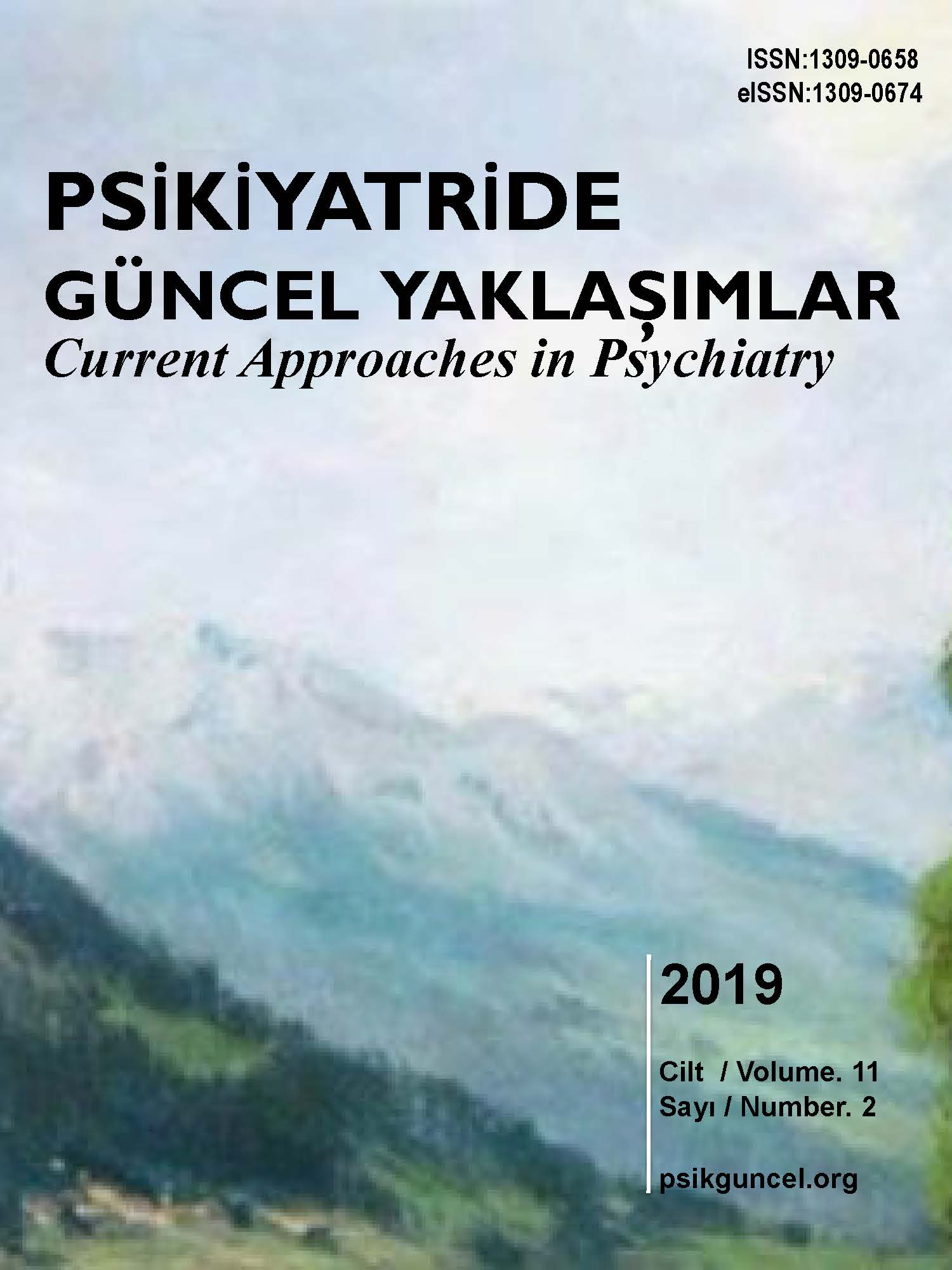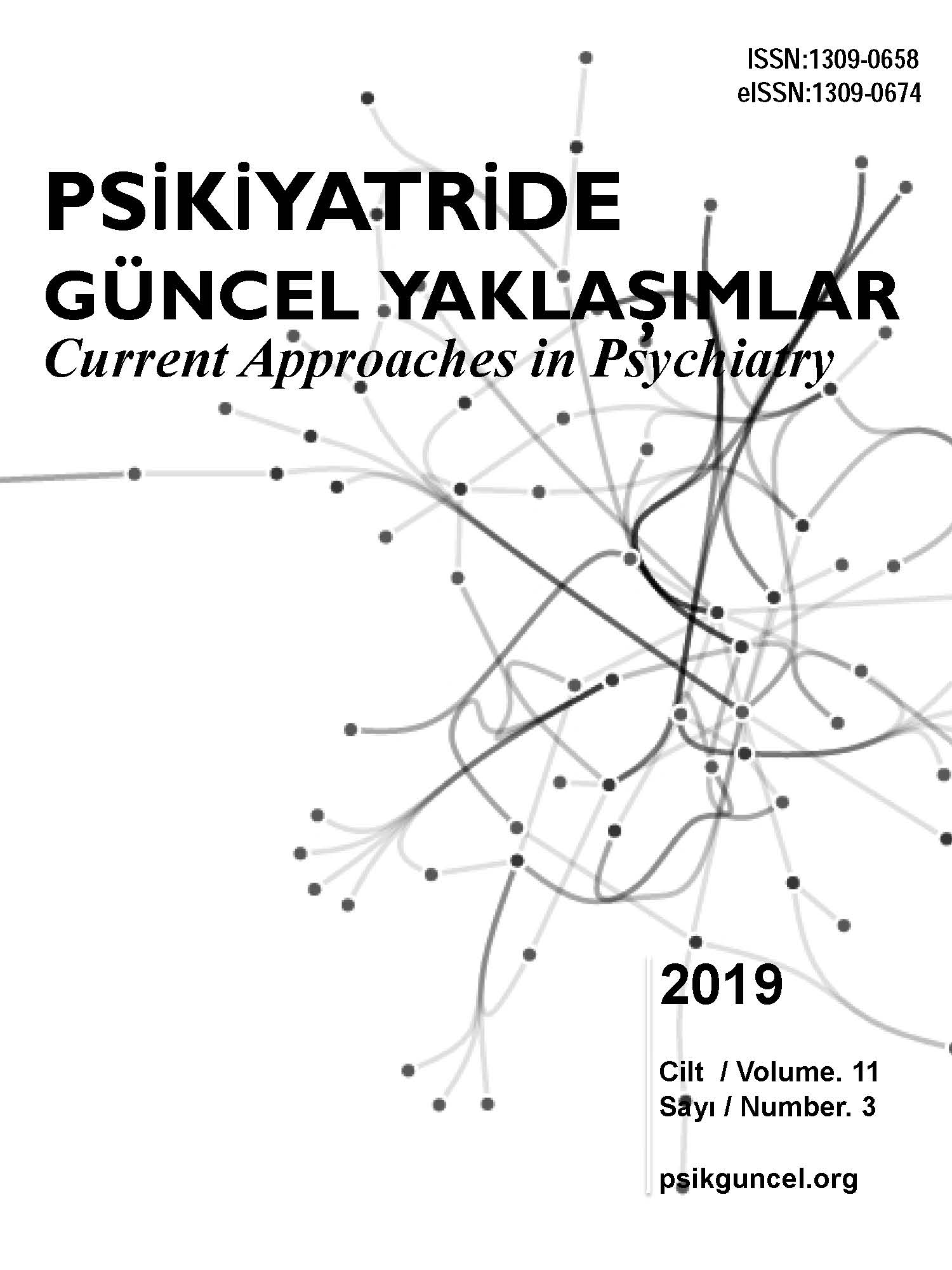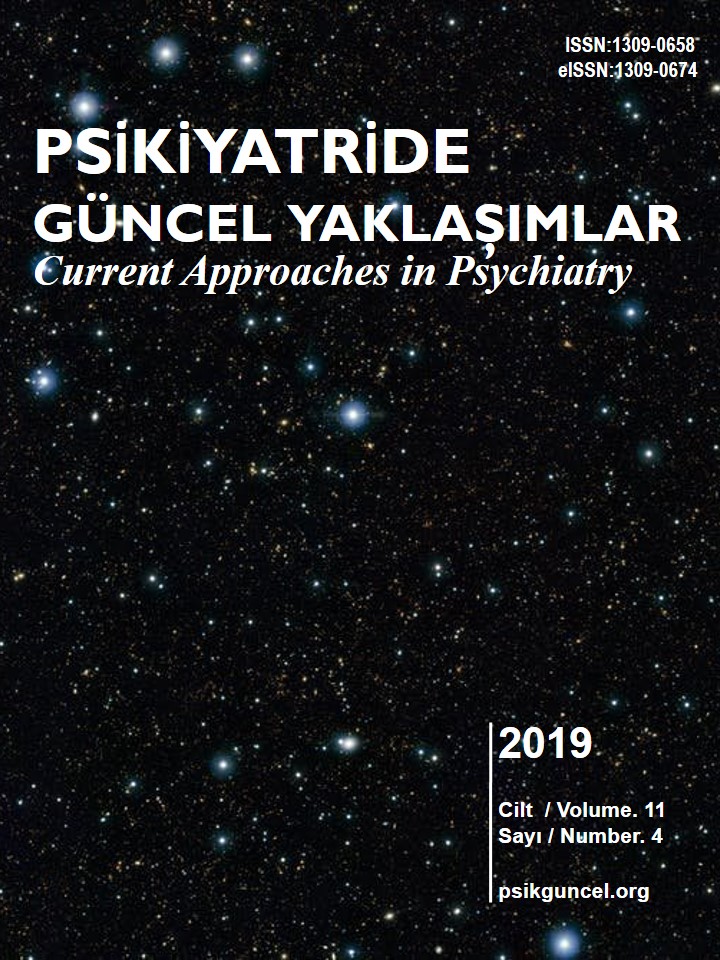
Role of Attachment Patterns and Partner Support in Postpartum Depression
Role of Attachment Patterns and Partner Support in Postpartum Depression
Keywords: Postpartum depression; psychological bonding; psychosocial support;
The birth of a baby, representing an important transition period in the lives of women, causes various changes and also brings about a great number of psychological problems in their lives. Postpartum depression is a highly prevalent disorder and previous research reveals that it is associated with several factors. Among these factors, the importance of partner relationship is especially highlighted and the variables that may affect this relationship negatively are one of the most important risk factors. There-fore, in this review article, the role of adult romantic attachment patterns and partner support in postpartum depression is evaluated in the light of the relevant literature.
More...

